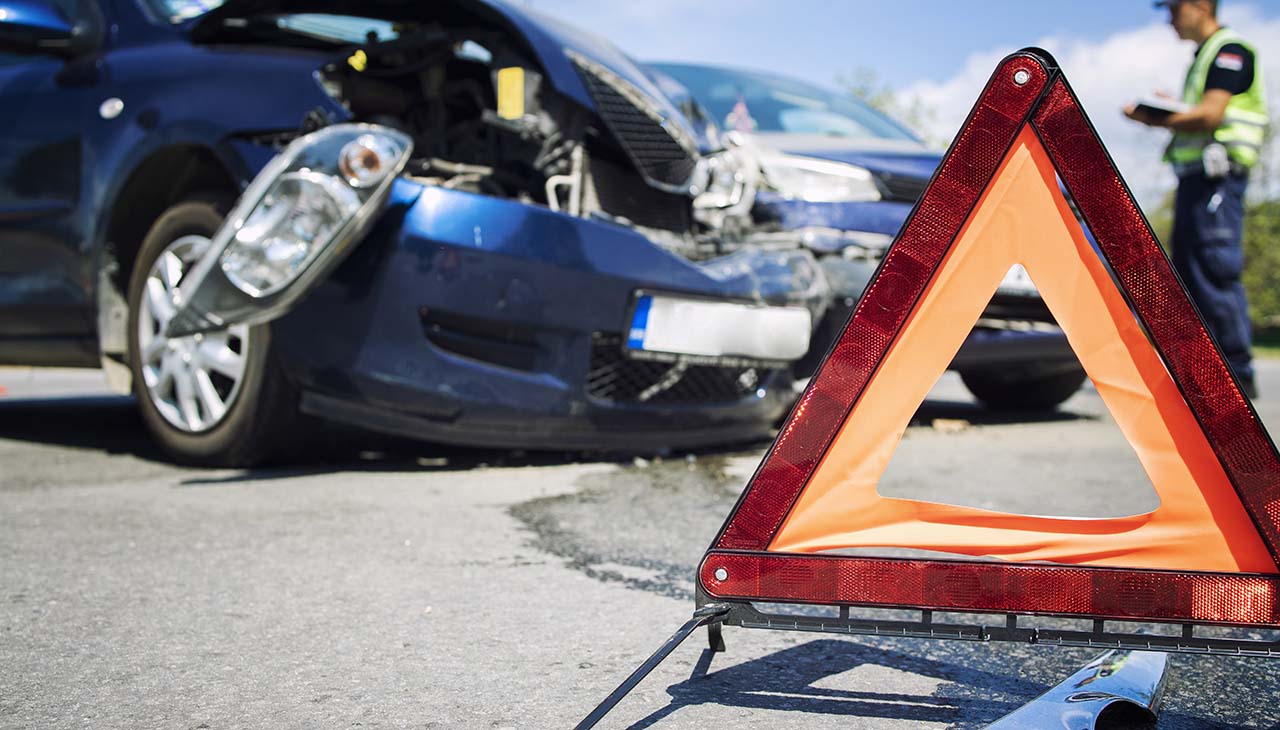How to Claim Insurance after a Car Accident in New Jersey

Experiencing a car accident can be a distressing event, and dealing with its aftermath can be equally overwhelming, especially when it comes to insurance claims. If you find yourself in such an unfortunate situation in New Jersey, it is vital to understand the process to successfully navigate through the complexities of insurance claims. This guide is designed to help you with the essential steps you need to take following a car accident to ensure that your insurance claim is filed correctly and efficiently, providing you with the necessary compensation you deserve for your losses and damages.
Contact Authorities and Exchange Information
Immediately after a car accident, prioritize your safety and that of others involved. Once it’s safe, contact the local police or highway patrol to report the accident. This ensures an official record is created, which is crucial for the insurance claims process. Exchanging insurance information with the other party is also paramount. Be sure to collect their name, contact details, insurance company name, and policy number. Additionally, take notes or photographs of the scene, including details of all vehicles involved, license plates, and any visible damage. This information will be vital when you file your insurance claim. Remember that New Jersey is a no-fault state, so you’ll typically be dealing with your own insurance company, regardless of who was at fault.
File an Auto Damage Claim
After ensuring you have all the necessary information and documentation, the next step is to file an auto damage claim with your insurer, particularly if you have Collision or Comprehensive coverage. It is critical to promptly contact your insurance agency to report the accident and initiate the claims process. According to regulations in New Jersey, once your insurer has been notified of the incident, they are obligated to touch base with you within 10 working days. This initial contact will typically involve gathering any additional details required to process your claim, scheduling an assessment of the damage to your vehicle, and explaining your coverage and the next steps you should anticipate in the claims process.
File an Injury Claim if Necessary
If you’ve sustained injuries as a result of the car accident, filing an injury claim under your Personal Injury Protection (PIP) coverage is crucial to cover medical bills and other related expenses. In New Jersey, your PIP coverage is generally the primary source for your medical treatment, regardless of fault. It is imperative to file your claim promptly to avoid delays in compensation. Begin by notifying your insurance provider about the injuries sustained. You’ll then need to submit all the relevant medical records and bills related to the treatment of your injuries. Make sure to keep a detailed record of all medical visits, treatments, and transactions. Your insurance company may also require you to undergo an independent medical examination to confirm the extent and causality of your injuries. By adhering to these steps diligently, you’ll facilitate a smoother claims process and ensure you receive the support you need for your recovery.
Report the Accident and Collect Evidence
Reporting the accident to the authorities and collecting evidence at the scene is an essential step in the insurance claim process. It’s crucial to document every aspect thoroughly, starting with photographic evidence of the vehicle damage, location of the accident, traffic signs, and any environmental conditions that may have contributed to the incident. If there are witnesses, obtain their contact information and ask for a brief statement of what they observed. Additionally, gather all relevant documentation such as police reports, medical records if injuries were sustained, and any other material that supports your account of the accident. This evidence will play a pivotal role in validating your claim and ensuring you receive fair compensation.
Time Limits
It’s critical to be aware of the specific time limits set by New Jersey law for reporting accidents and filing claims. You are required to file an accident report with the local police or New Jersey Motor Vehicle Commission within 10 days of the incident if there was significant property damage, injury, or death. Furthermore, when it comes to insurance claims, the timeframe can vary based on the individual policy, but typically, you should file your insurance claim as soon as possible, ideally within 24 hours of the accident. Delaying beyond these time constraints can result in the denial of the claim by the insurer. Being mindful of these deadlines ensures that your claim remains valid and can be processed in a timely manner.

Leave a Reply